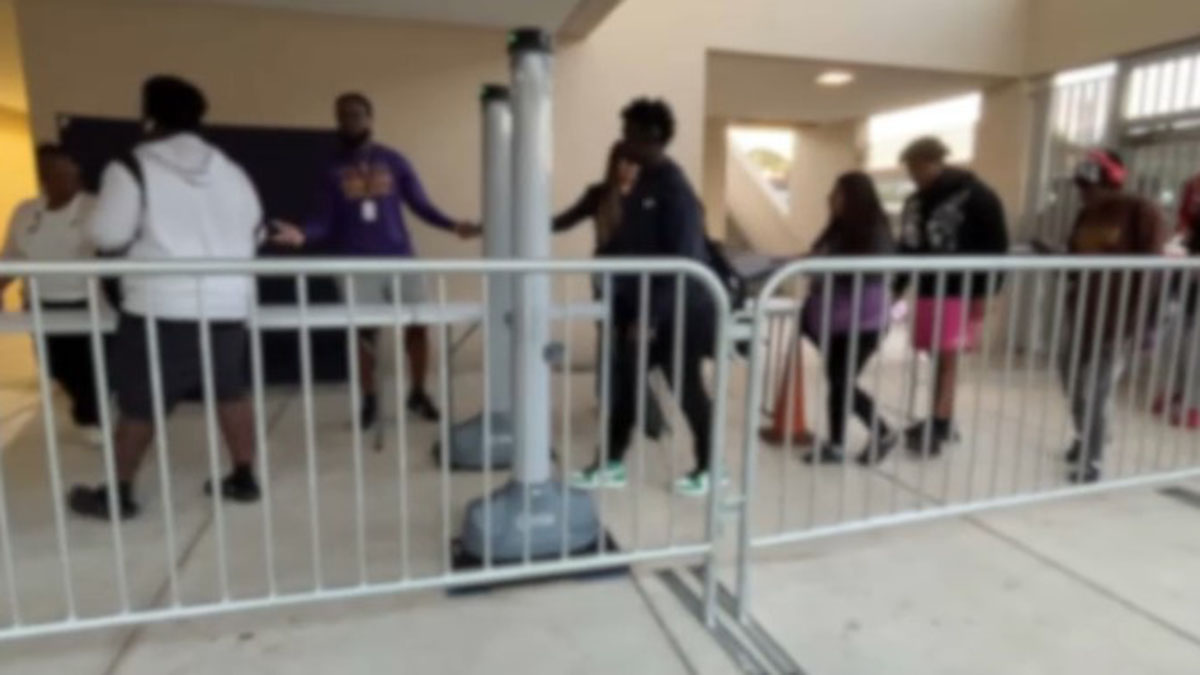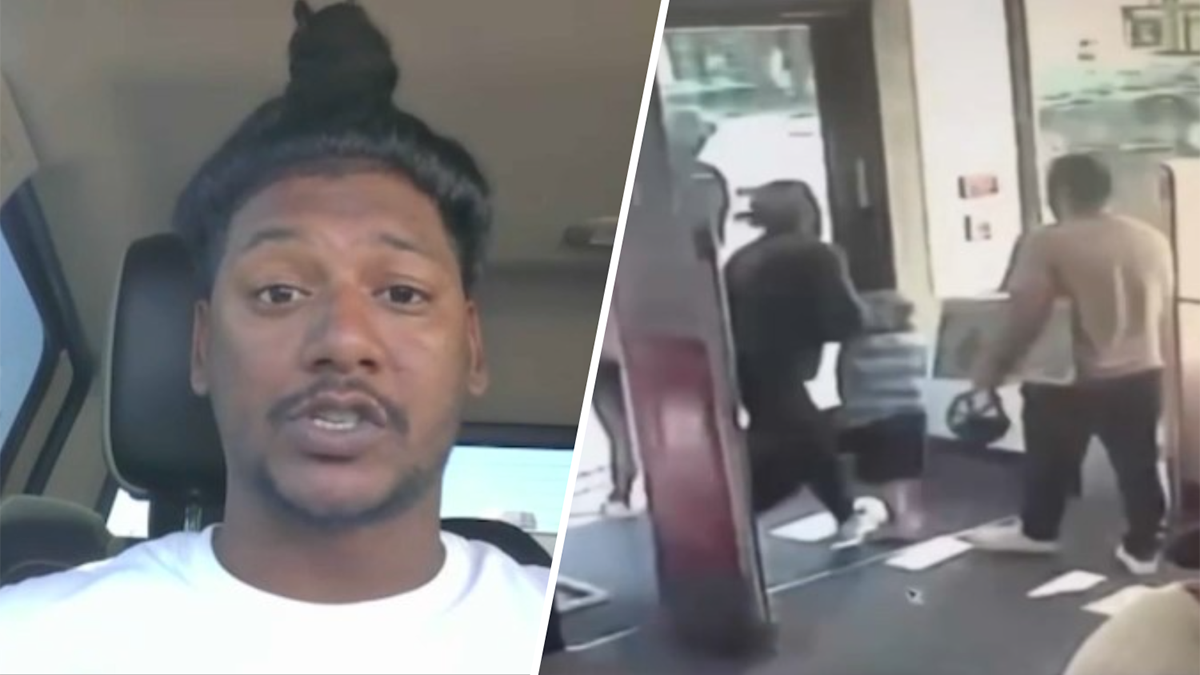Contact tracing on the large scale South Florida needs will take hours and hours of human power and millions of dollars. Is there a better way? Staff at Florida International University aims to find out.
Miami-Dade County Mayor Carlos Gimenez announced this week the county plans to hire 800 to 1,000 contact tracers. The state of Florida already hired 1,000 people to begin contact tracing: finding people infected with the coronavirus, isolating them, ask them who all they’ve come in contact with, and find and repeat the process with those people.
Contact tracing will be a key part of successfully opening up businesses around Florida and could prevent other possible stay-at-home orders that closed them down in the first place.
“There’s a very good likelihood the first time through, they’re going to forget something. And so if you ask different ways and multiple times, you’re much more likely to get a complete report,” said Jacqueline Evans, who is from FIU’s psychology department.
Florida International University was just awarded a rapid response grant worth $197,000 from the National Science Foundation to try and find an accurate way to move contract tracing to an online survey. The technology could eventually become a smart phone application.
The FIU team, led by Evans and two other psychologists, Ronald Fisher and Deborah Goldfarb, plans to build on similar research they completed during the Ebola outbreak.
They’ll compare the answers they get from a traditional phone or Zoom interview with the answers they get from a similar online survey. If the online survey delivers similar or better results, it could save governments money and time.
Local
“This is not something that people were prepared for in the sense that you don’t usually need hundreds or thousands of contact tracers available to you. So right now, getting the manpower to move forward is a big issue,” said Evans.
They’ll use cognitive interviews to increase the amount of information and the number of contacts a person remembers during a contact tracing interview. The fewer people forgotten, the more cases of the virus can be found.
The cognitive interview the team will use was developed by Fisher to gather information from witnesses to crimes.
Evans and Goldfarb tell NBC 6 they hope to spend the summer on the project for it to be implemented in the real world this fall: just in time for flu season or a second wave of the coronavirus.
“What we’d like to do is lessen the burden like we said to those frontline workers. We also want to make people who are sick or maybe tested positive, to provide them with an easy interview experience right?” Goldfarb said.
The second key aspect of FIU’s study will aim to find out a way to ask children or the elderly questions in a way that makes them better remember who they met. Both of those populations are more prone to forget who they met according to the researchers. One forgotten interaction could lead to another outbreak.



